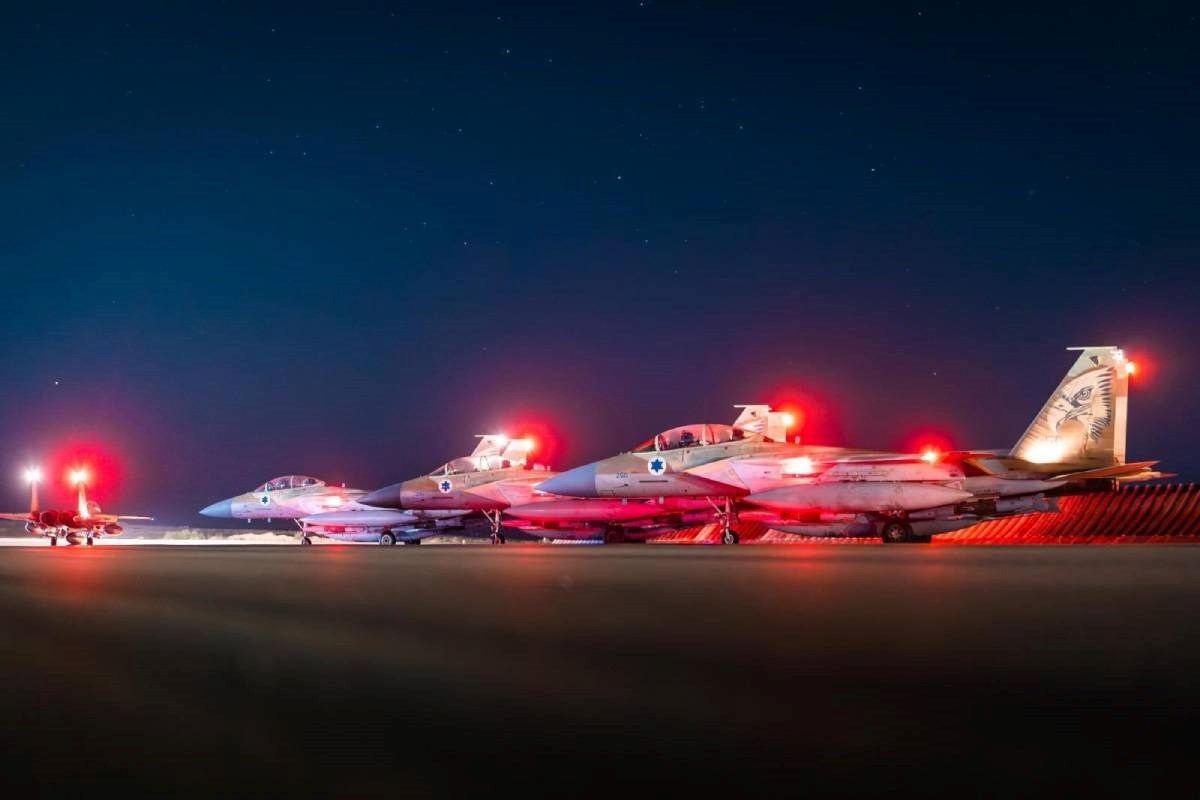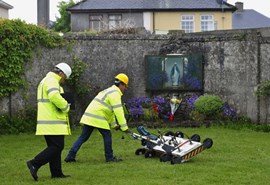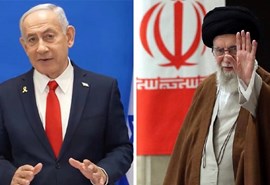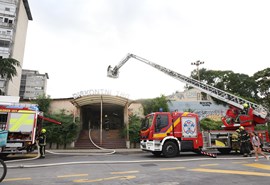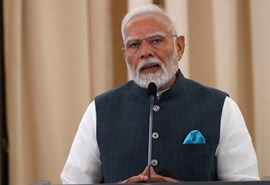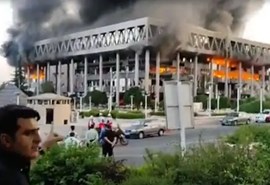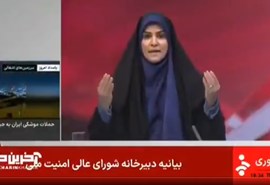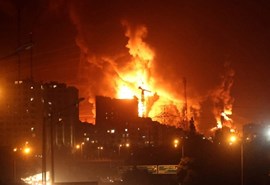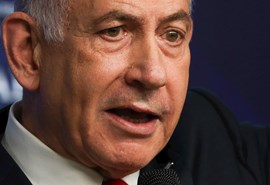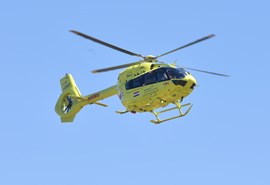The Israeli military claims to have full control over the airspace above Tehran, supported by precise airstrikes on Iranian targets. Although the Iranian air force is outdated and has not offered serious resistance, Iran still possesses short-range missile systems that can pose a threat to Israeli aircraft. Analyses indicate that air destruction does not guarantee strategic victory, as history shows that prolonged conflicts with Iran and other regional actors can be complex and unpredictable. Meanwhile, the humanitarian situation in Gaza is critical, with numerous casualties due to Israeli fire on aid distribution centers, drawing international condemnation. Political tensions further complicate the situation, while international actors call for negotiations and de-escalation of the conflict between Israel and Iran.
Political Perspectives:
Left: Left-leaning sources emphasize the humanitarian crisis in Gaza caused by Israeli military actions, highlighting civilian casualties and criticizing Israel’s use of force and control over aid distribution. They often frame the conflict as part of a broader pattern of Israeli aggression and call for international intervention and accountability. The military actions against Iran are viewed with skepticism, warning about the risks of escalating violence and long-term regional instability.
Center: Center-leaning sources provide a balanced view acknowledging Israel’s military capabilities and strategic objectives in targeting Iranian nuclear and military infrastructure. They recognize the complexity of the conflict, noting Iran’s continued threat through missile systems and proxy groups. The humanitarian issues in Gaza are reported with concern, but with an emphasis on the security challenges Israel faces. Calls for diplomatic solutions and negotiations are common, highlighting the need for de-escalation.
Right: Right-leaning sources focus on Israel’s military successes and the necessity of its actions to neutralize Iranian threats, portraying Israel as defending itself against a hostile regime. They emphasize Iran’s aggressive posture and nuclear ambitions, supporting strong military responses. The humanitarian situation in Gaza is often contextualized within the security threat posed by Hamas, with less focus on civilian casualties. There is skepticism towards international criticism of Israel, framing it as biased or unfair.







